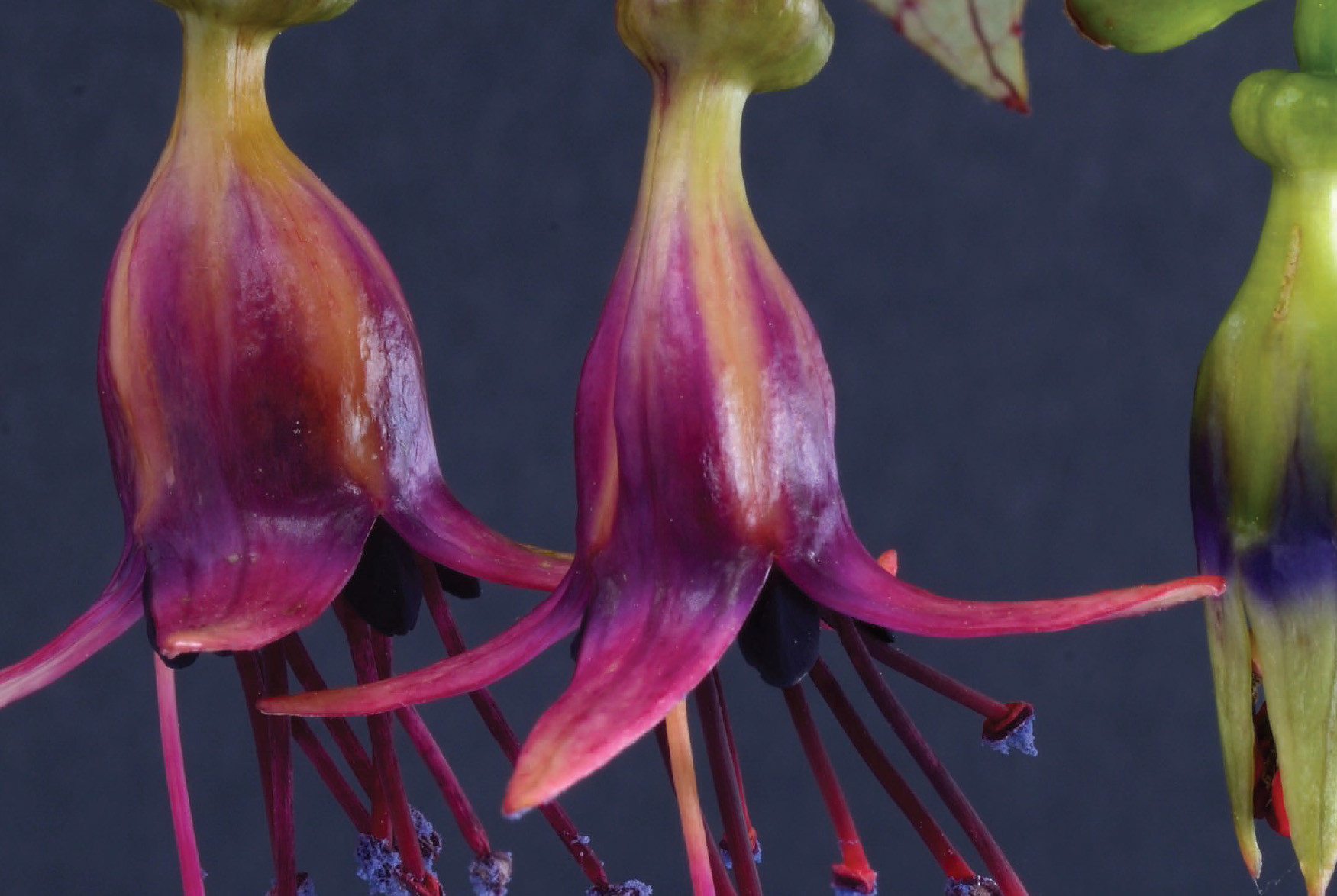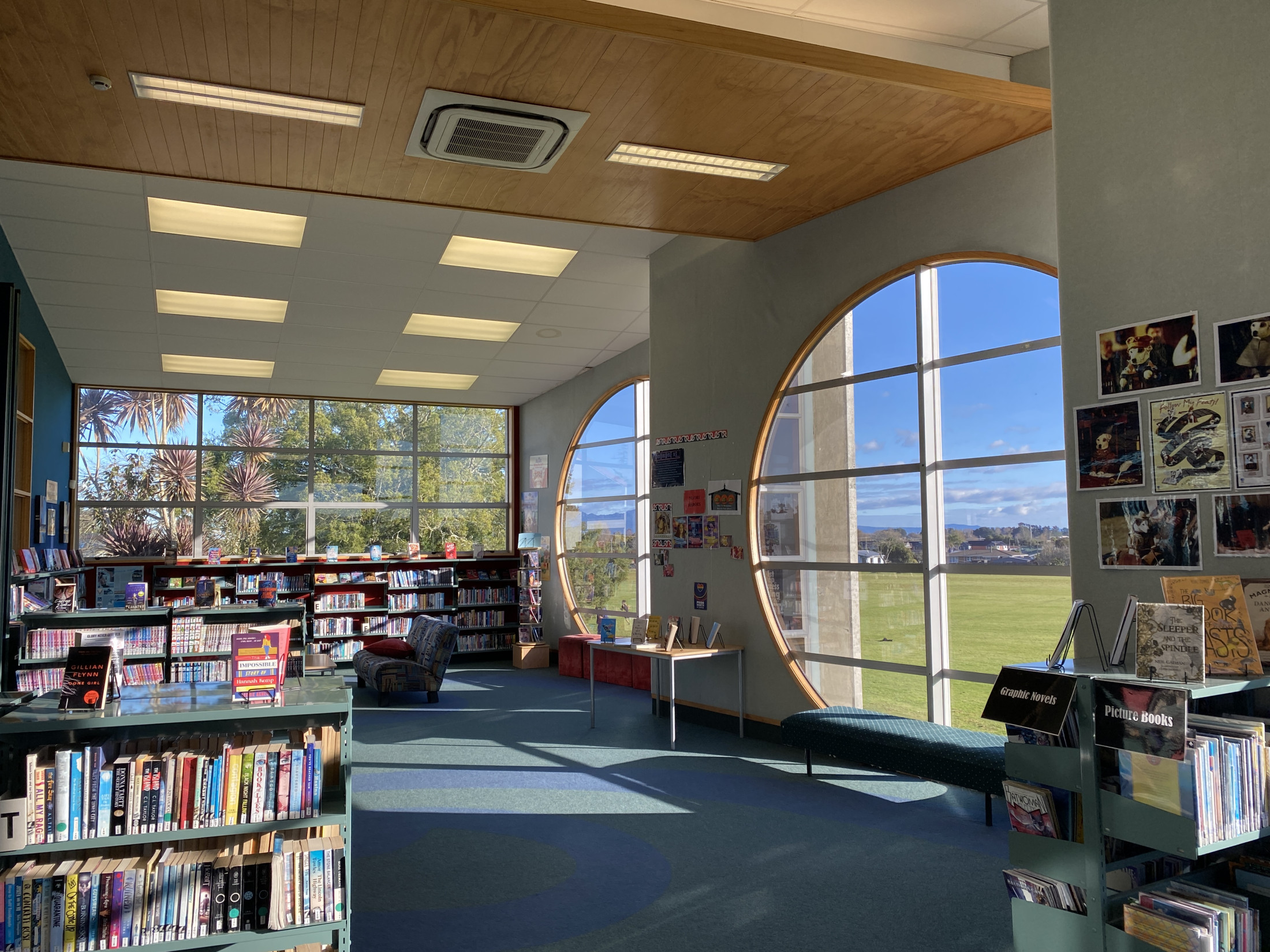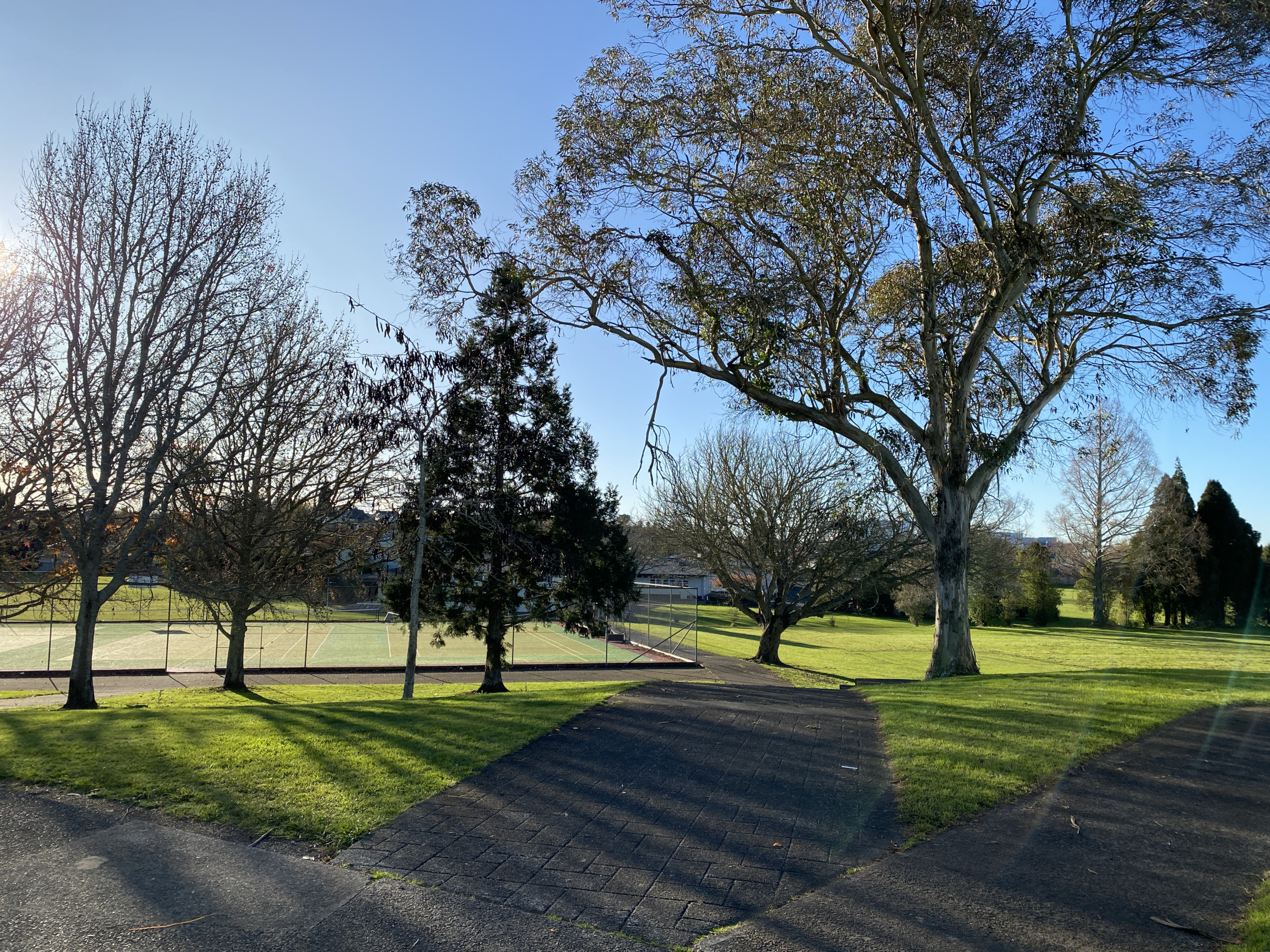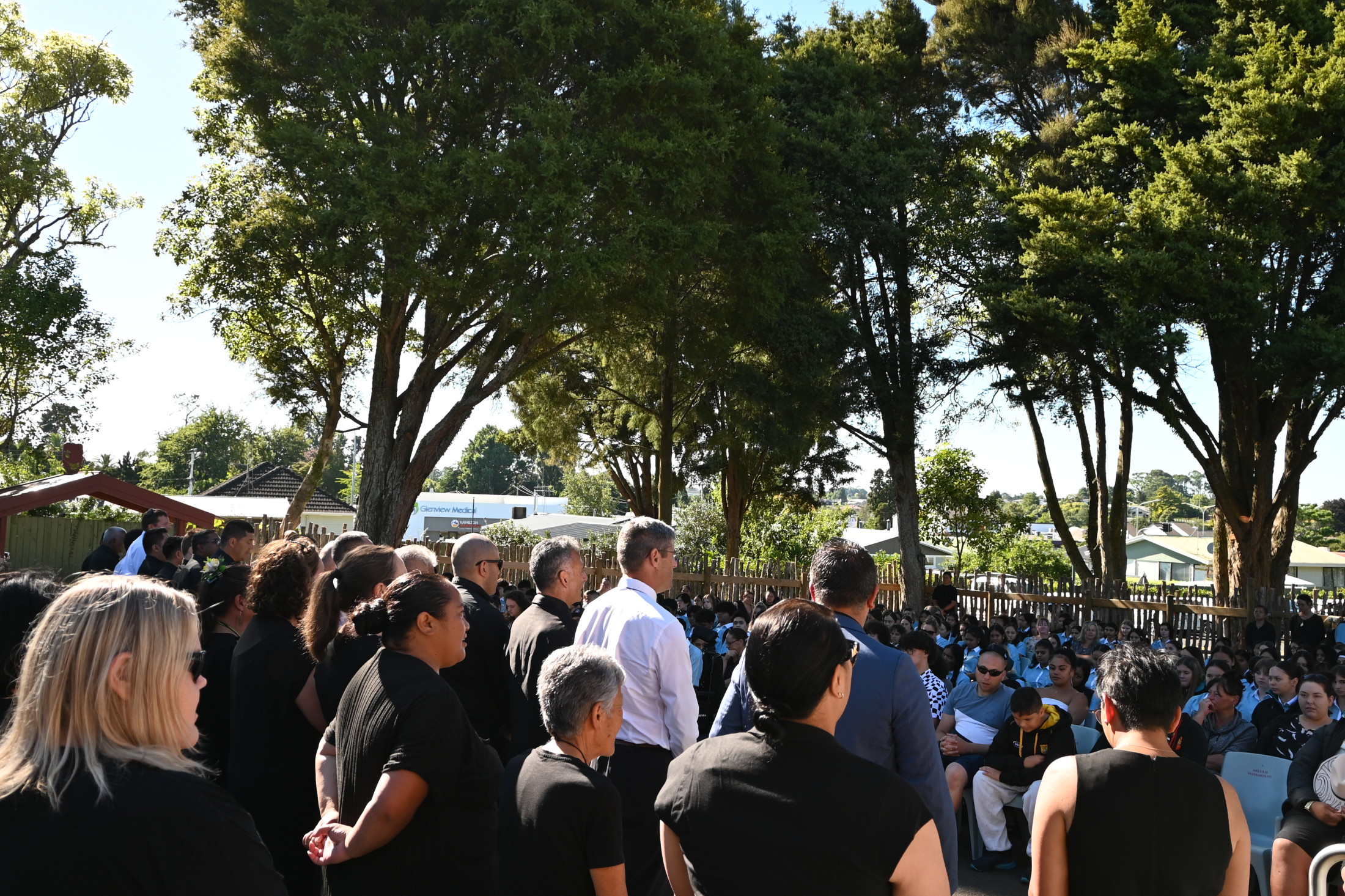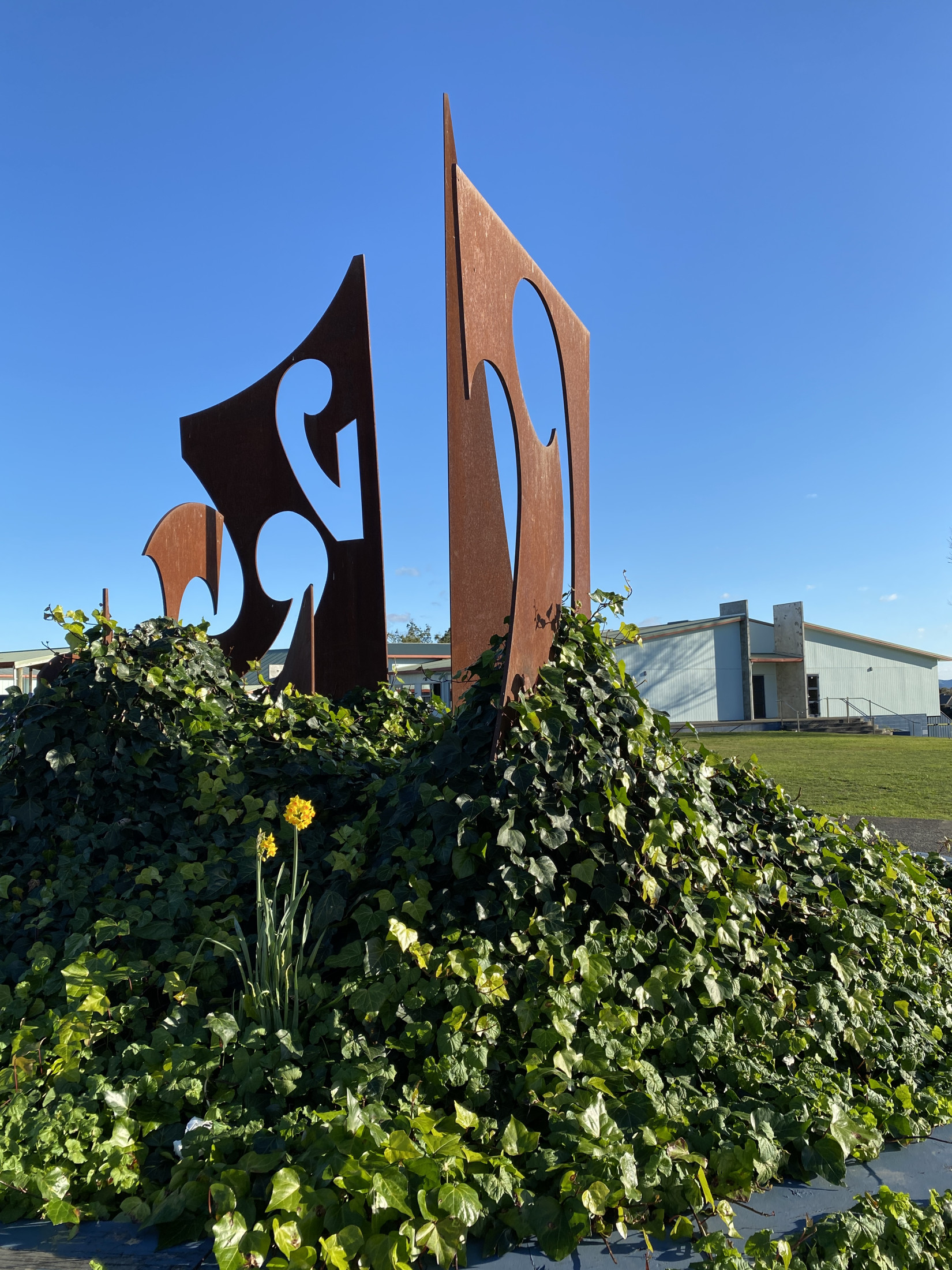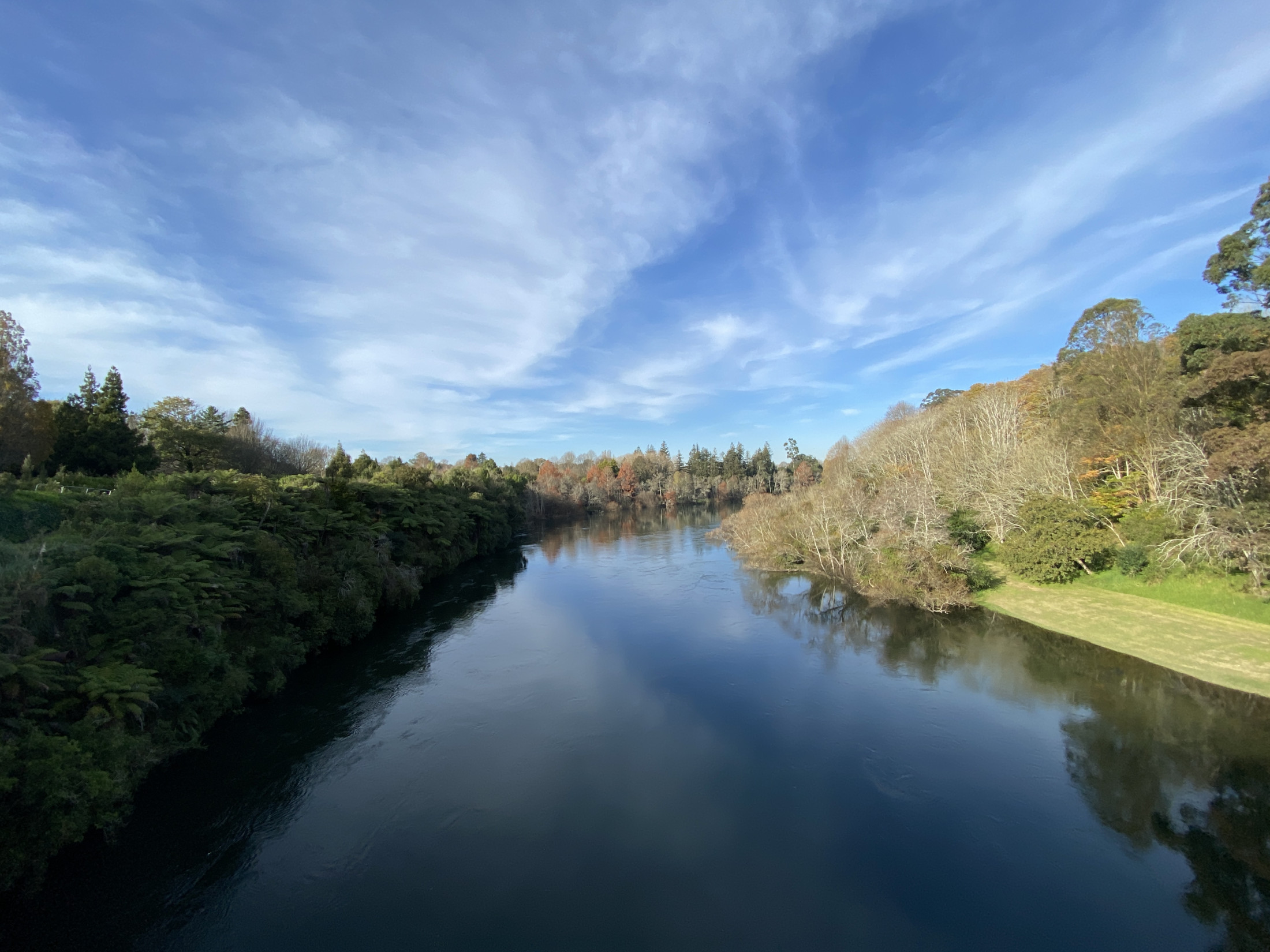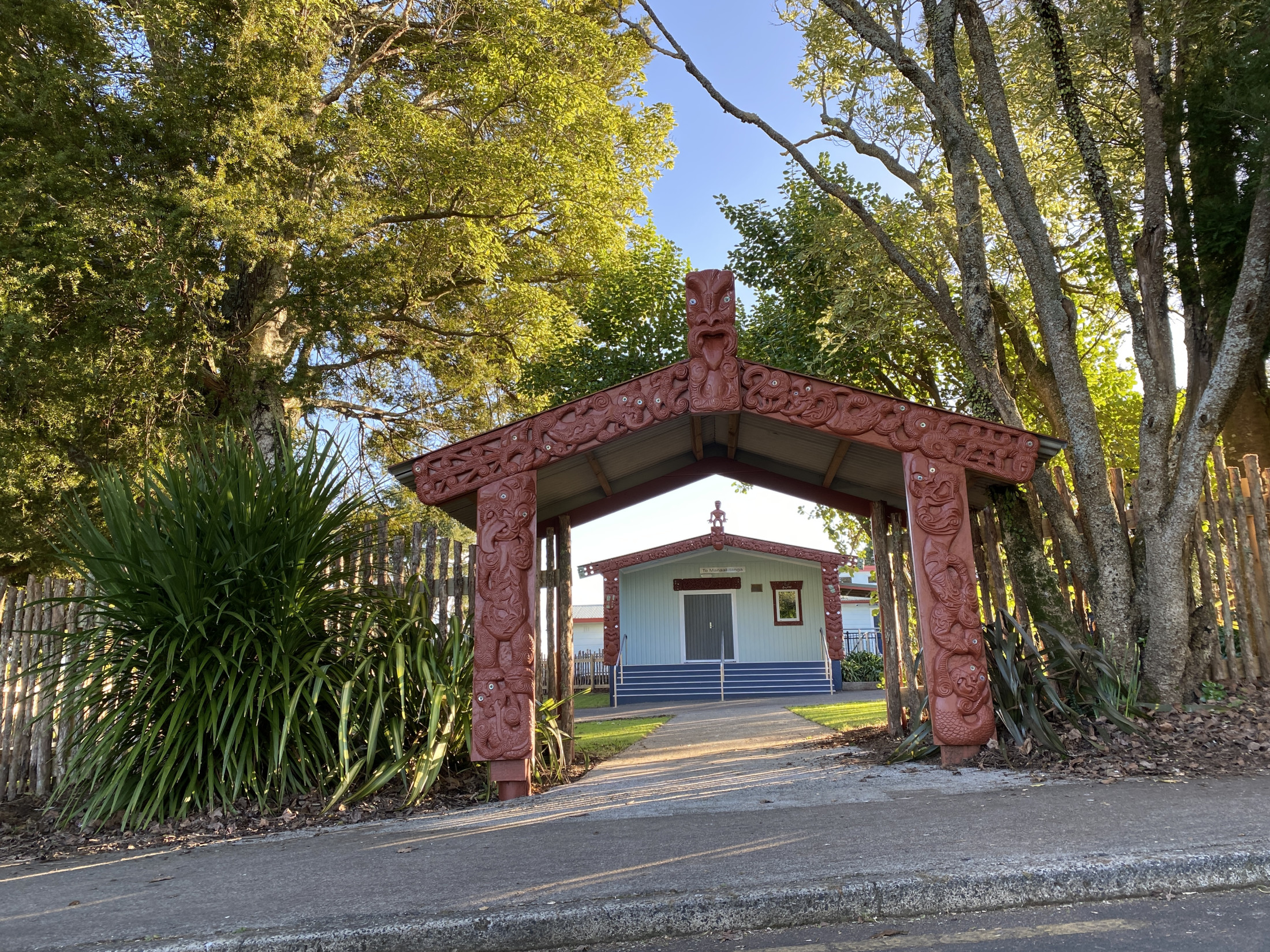The vision of Mangakōtukutuku College is Te Kura Whaikaha.
In our school, our ākonga are nurtured to be strong in
their cultural identity and smart in the way they pursue
personal excellence.
We aim to nurture culturally intelligent individuals who share an understanding that diversity is a strength and that all ākonga have the potential to succeed regardless of their background. Ākonga will be taught to recognise, appreciate, and respect the differences that exist among their peers, and to use these differences to learn from one another and to grow as strong individuals in a caring community.
In our school, ākonga are encouraged to pursue excellence in all areas of their lives, including academics, athletics, the arts, and service to school and community. They will be taught to set ambitious goals for themselves and to develop the grit, perseverance and resilience needed to overcome challenges and setbacks. They are also encouraged to use their talents and abilities to make a positive difference in the world, and to become leaders who inspire others to do the same.
